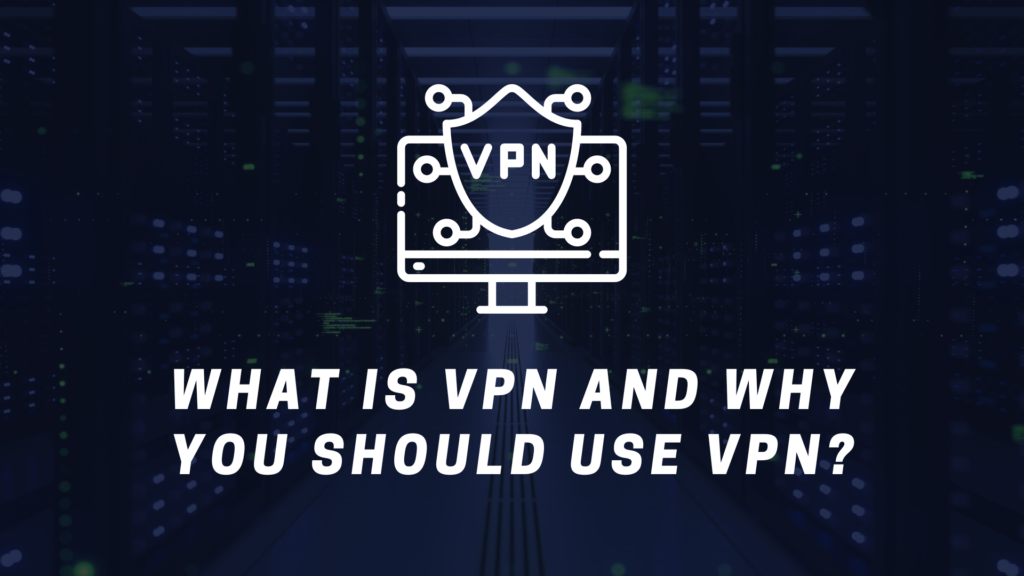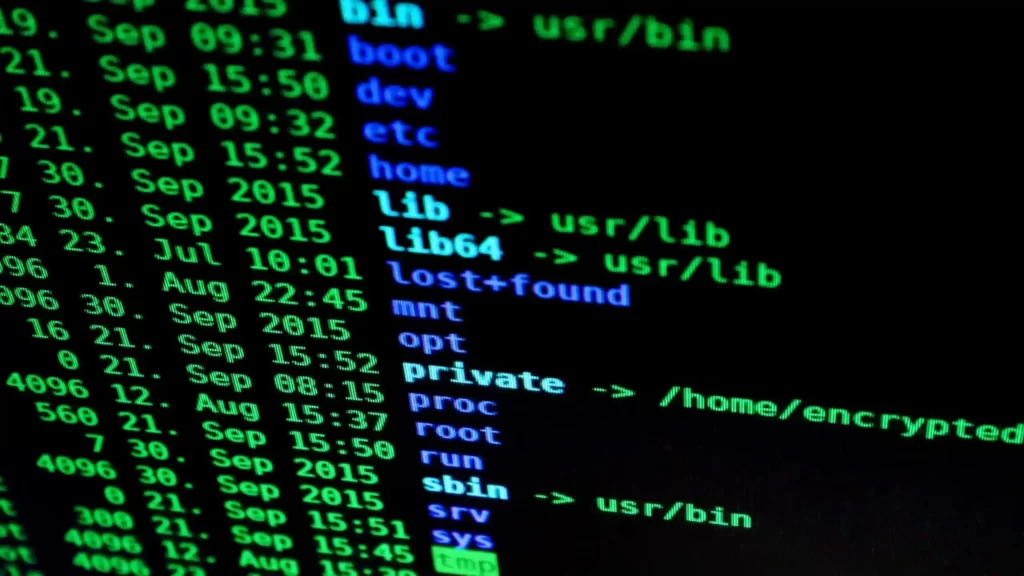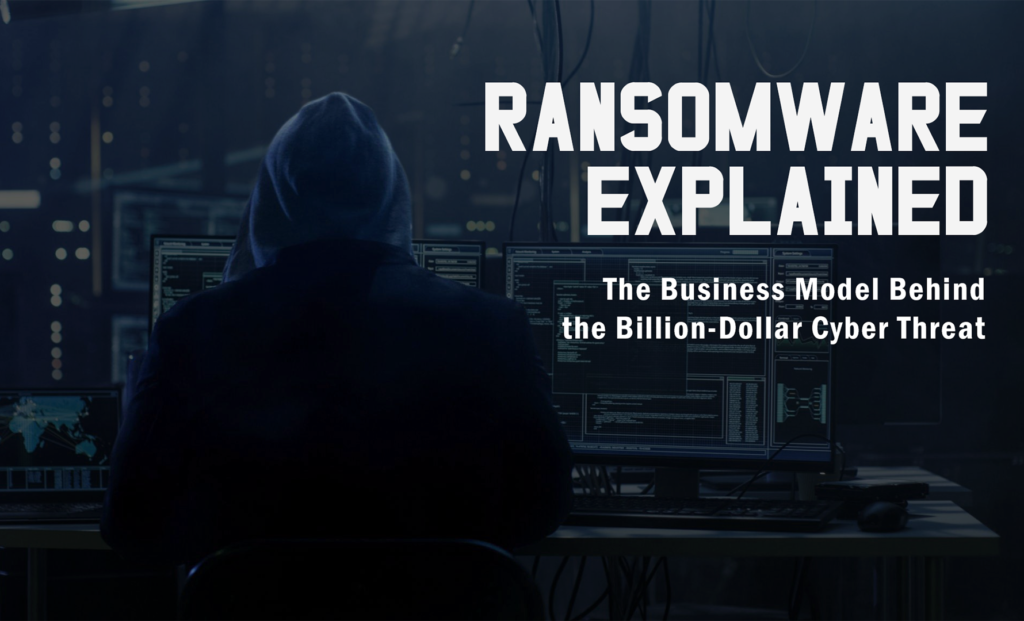
You’ve probably heard about VPNs many times, but what is a VPN and why do you need one? Well, today I’ll answer both these questions and explain VPN in detail.
What is a VPN?
It’s a virtual private Network, and it’s mainly a tool to protect your online privacy.
How does a VPN work? When I connect to a VPN server, it creates an encrypted tunnel for my data to be transferred securely. This means that if I connect to a VPN, the websites or platforms that I’m on think that the source is a VPN server. So, even though my connection first passes through my internet service provider and only then connects to a VPN server, it still cannot see what type of traffic it is, where it’s headed, and the source. Other third parties besides my ISP can also not see what I do online and what data I send and receive either. So, in short, a VPN turns all my data into unreadable information, which means even if someone accesses my data, it would be useless to them.
Now you might also be wondering how to hide your IP address. Well, when I connect to a VPN server, my virtual location gets changed, and I get a whole new IP address. Normally, a VPN provider has plenty of servers in different locations around the world that I can connect to. The main thing that makes me safe when I connect to a VPN is encryption. It’s the main reason why people use VPN services. Every top VPN service uses secure and proven encryption, which is virtually impossible to crack.
So with that said, I hope it’s become clear to you how a VPN works and what it is. Now choosing a trustworthy VPN provider can be a bit of a challenge. There are so many of them, but my top recommendation for the best VPN is NordVPN. It has top-of-the-line security and privacy that’ll work pretty much for anyone.
What can I do with a VPN?
But before you do that, hold up, because you might want to know why use a VPN besides private browsing, right? What is a VPN good for then? Using a VPN offers more than just security within your home. Whether you’re in a hotel or cafe, public Wi-Fi networks are often unsecured, exposing your personal information to interception and theft. Cybercriminals sometimes go to the trouble of establishing fraudulent Wi-Fi hotspots to deceive users into revealing their details. But if you connect through a VPN, hackers will only gain access to encrypted data, rendering it useless to them.
Another compelling benefit of using a VPN is to protect online anonymity by altering your geographic location. A VPN effectively disrupts the tracking of online activities and the collection of personal information by websites, advertisers, and even malicious individuals like trolls and other prying third parties.
Alright, now as I mentioned before, there are other uses of a VPN than just security and privacy. Many users get a VPN service to circumvent geo-restrictions imposed on content. Numerous popular streaming platforms limit their services based on the user’s geographical location. By using a VPN, you can access your local content while located abroad, which is otherwise restricted. You can also select your desired location to access location-specific content. So if you wish to expand your access to streaming content, obtaining a VPN service is the only effective solution.
VPN services are not only useful for bypassing geo-restrictions on streaming platforms but also for accessing region-specific content on news websites and overcoming access restrictions imposed by certain websites. VPNs allow you to bypass these limitations and reach your local content when you’re abroad.
And if you like gaming, torrenting, or are involved in other high bandwidth activities, your ISP might slow you down with some bandwidth throttling. However, if you’re using a VPN, your ISP won’t know what you’re doing online and will be less likely to apply those methods. Using a VPN while torrenting also serves multiple purposes. In addition to handling ISP throttling, when engaging in torrenting activities, your IP address becomes visible to everyone you’re downloading from, including potential hackers and malicious third parties. By acquiring a VPN, you can effectively address both of these issues.
But that’s not all. Even gamers can have great use of a VPN, believe it or not. You can access games that are region locked by changing your location with a VPN. And have you ever accessed your banking accounts while overseas? Yeah, it’s common for financial institutions and government portals to restrict connections from foreign IP addresses. Using a VPN enables you to change your IP to one from your home country, potentially granting access to your bank. However, keep in mind that some banks may detect VPN usage and still prevent login attempts.
Saving money on shopping with VPN
Now some of you might know that prices for flights and hotels can vary significantly based on factors such as the point of sale, geographic location, currency, and more. Some companies even employ tactics like tracking your IP address and browsing history to customize prices accordingly. So to get the best deals, using a VPN while traveling is highly recommended. A VPN allows you to change your actual IP address, encrypt your internet traffic, and protect your online activities from being tracked by companies seeking to exploit your personal information. When connecting to a VPN server in a region with lower prices, well, you can take advantage of the best available deals. That’s right, using a VPN can effectively help you evade location-based price discrimination, which occurs when companies charge varying prices for the same product or service based on your geographical location. By utilizing a VPN, you can switch between servers in different locations and start to compare those prices, enabling you to find the lowest available price.
How to use a VPN?
Alright, so overall, VPN services are mostly used for protecting online privacy, bypassing geo-blocks, torrenting, and avoiding ISP throttling. All of that information on why VPNs are useful and what you can do with them is great, but I guess you want to know how to use a VPN too, right? Well, it’s nothing too difficult, but let me show you anyway. First, you gotta connect to a server. Usually, there’s a big button that says “Connect.” At first, that’s all you need to do to get your online activity hidden. There’s also a list of countries and servers on most VPNs that you can choose from for more specific needs.
Choosing a VPN
However, not all VPN providers are even reputable. Some of them can’t even consistently hide your IP or avoid data leaks. And while there are free providers, most of them are not trustworthy and sometimes lack even the most basic features. Besides that, free providers tend to sell your data. In the end, they gotta make money somehow. But don’t worry today I’m here to explain VPN purposes and what a VPN is used for, but also to give some suggestions on how to choose a reliable VPN provider.
First, I have to mention the no-logs policy, preferably audited by a third party. There’s no need for a VPN service to keep your data, so they shouldn’t. I’d also really like market-standard encryption to make sure that even if a third party gets access to my data, it will be useless to them due to high-level encryption. Big server selection and server fleet are also signs of a premium VPN. All the leading VPNs have servers and locations all around the globe that you can connect to, and speeds in those locations need to be good. Because when I connect to a server and it’s laggy or just slow in general, not much use for that is there. So I’d recommend checking out what tunneling protocol the VPN provider uses. It’s a good sign if they have WireGuard or OpenVPN, for example.
Conclusion
Alright, now my last must-have for a premium VPN is the ability to bypass various restrictions and geo-blocks. Accessing content that is otherwise blocked is one of the main uses of a VPN. So overall, take it in the big picture and look at this list of mine, well, there is one VPN that I know can do all of that. NordVPN is a safe and good choice for your daily VPN needs.


